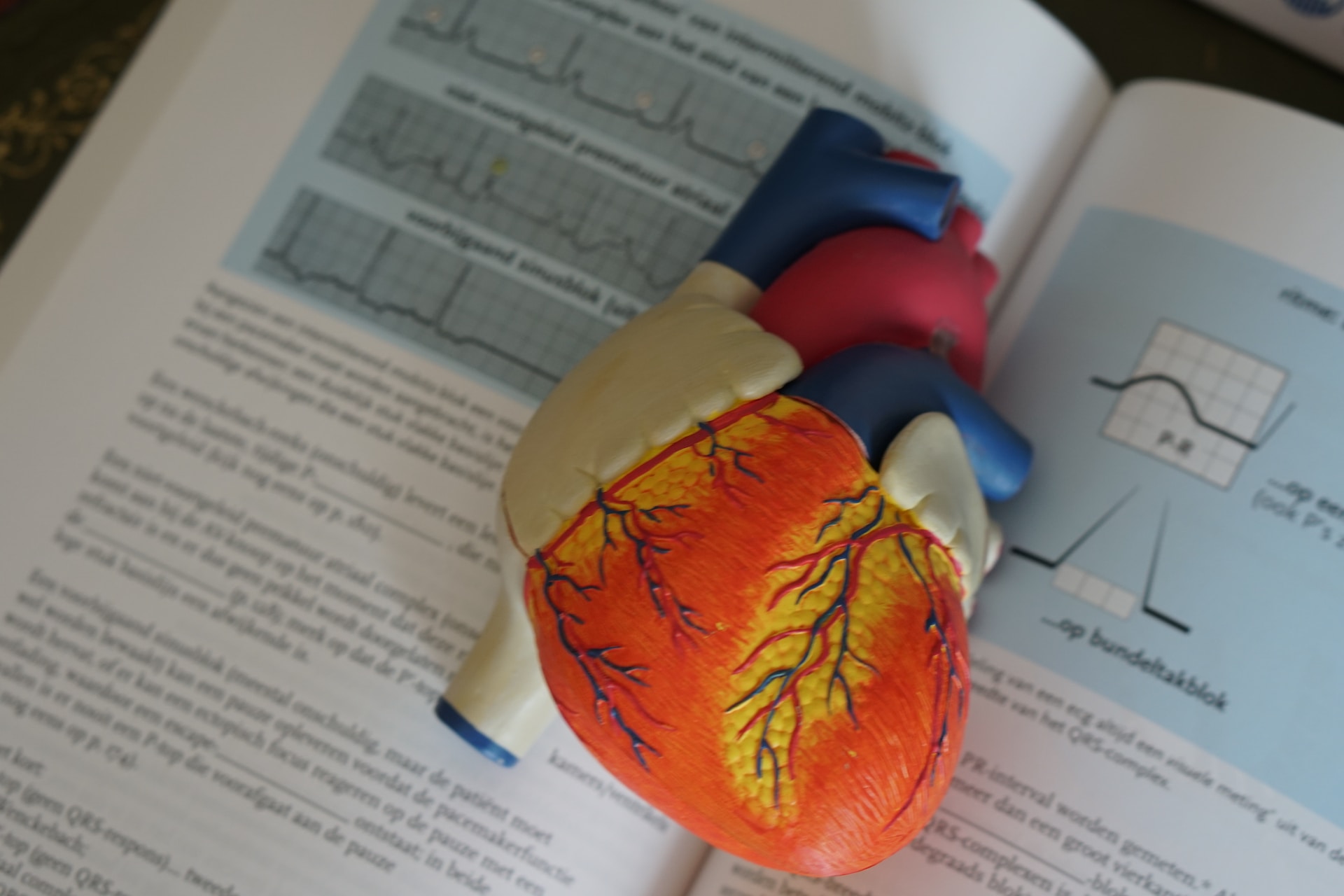In the realm of self-care and personal development, the term “well-being” is often thrown around. But what exactly does it mean to be emotionally healthy and well? How do we cultivate it, and why is it so important? In this article, we’ll delve into the depths of emotional Physical Health and well-being to uncover its significance and provide practical insights on how to nurture it in our lives.
What is Emotional Health and Well-being?
Emotional health and well-being refer to the state of our mental and emotional faculties. It encompasses how we perceive, feel, and respond to the world around us, as well as how we manage stress, cope with challenges, and maintain a sense of balance and fulfillment in our lives.
It’s crucial to recognize that emotional health is not merely the absence of mental illness. Rather, it’s about fostering resilience, self-awareness, and emotional intelligence to navigate life’s ups and downs effectively. Emotional well-being involves having a positive outlook, healthy relationships, a sense of purpose, and the ability to adapt to change Daily Habits To Improve Digestion Issue.
Signs of Emotional Health and Well-being
Signs of emotional health and well-being include resilience in adversity, self-awareness, positive relationships, emotional regulation, and a sense of purpose. Resilient individuals bounce back from setbacks, while self-awareness allows them to recognize and manage their emotions effectively. Nurturing positive relationships provides a sense of belonging and support, while emotional regulation enables individuals to cope with stress constructively. Having a sense of purpose or meaning in life gives direction and fulfillment. These signs collectively contribute to emotional well-being, fostering a balanced and fulfilling life amidst life’s challenges.
- Resilience: Emotionally healthy individuals are resilient in the face of adversity. They bounce back from setbacks, learn from their experiences, and view challenges as opportunities for growth.
- Self-awareness: Being in tune with one’s thoughts, feelings, and behaviors is a hallmark of emotional well-being. It involves recognizing and accepting one’s strengths and limitations, as well as understanding the impact of one’s actions on oneself and others.
- Positive relationships: Nurturing supportive connections with friends, family, and community fosters emotional health. Healthy relationships provide a sense of belonging, acceptance, and mutual respect, contributing to overall well-being.
- Emotional regulation: Individuals with good emotional health can manage their emotions effectively. They are aware of their emotional triggers, practice self-control, and employ healthy coping mechanisms to deal with stress and difficult situations.
- Sense of purpose: Having a sense of purpose or meaning in life gives direction and fulfillment. It involves aligning one’s actions and goals with personal values and beliefs, contributing to a sense of satisfaction and well-being.
Cultivating Emotional Health and Well-being
Cultivating emotional health and well-being involves prioritizing self-care practices such as mindfulness, exercise, and healthy relationships. Developing emotional intelligence through self-awareness, self-regulation, and empathy fosters resilience and effective coping mechanisms. Setting boundaries and seeking professional support when needed are vital steps in nurturing emotional wellness. By investing in supportive connections, aligning actions with personal values, and managing stress constructively, individuals can enhance their overall quality of life. Ultimately, fostering emotional health contributes to a sense of fulfillment, purpose, and adaptability, empowering individuals to thrive amidst life’s challenges.
- Self-care: Prioritize self-care practices that nourish your mind, body, and soul. This includes regular exercise, adequate sleep, healthy eating, mindfulness meditation, and engaging in activities that bring you joy and relaxation.
- Build strong relationships: Invest time and effort in nurturing meaningful connections with others. Practice active listening, empathy, and open communication to foster trust and intimacy in your relationships.
- Develop emotional intelligence: Enhance your emotional intelligence by cultivating self-awareness, self-regulation, social awareness, and relationship management skills. Reflect on your emotions, learn to express them constructively, and empathize with the experiences of others.
- Set boundaries: Establish clear boundaries to protect your emotional well-being and honor your needs and limitations. Learn to say no when necessary and prioritize activities that align with your values and goals.
- Seek support: Don’t hesitate to reach out for professional help if you’re struggling with your emotional health. Therapy, counseling, or support groups can provide valuable guidance, perspective, and tools for managing mental health challenges.
Why Emotional Health and Well-being Matter
Emotional health and well-being are essential for leading a fulfilling and meaningful life. They not only impact our mental and emotional state but also influence our physical health, productivity, and relationships. By prioritizing our emotional well-being, we can cultivate resilience, enhance our quality of life, and thrive in the face of life’s challenges.
In conclusion, emotional health and well-being are foundational aspects of overall wellness. By nurturing our emotional intelligence, fostering supportive relationships, and prioritizing self-care, we can cultivate a resilient and fulfilling life. Remember that it’s okay to seek support when needed and to prioritize your mental and emotional well-being above all else. After all, a healthy mind is the cornerstone of a vibrant and purposeful existence.





